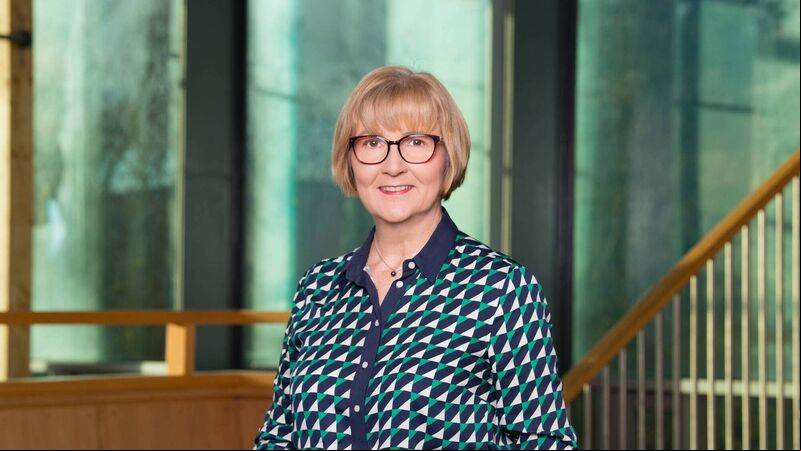MTU President: Our job is to get the students work-ready

Munster Technological University president, Professor Maggie Cusack.
Professor Maggie Cusack has been president of the Munster Technological University (MTU) since it was formed in January, 2021, through the amalgamation of the Cork Institute of Technology and the Institute of Technology Tralee.







 App?
App?


